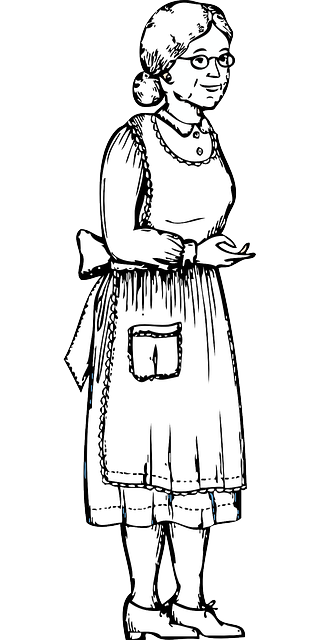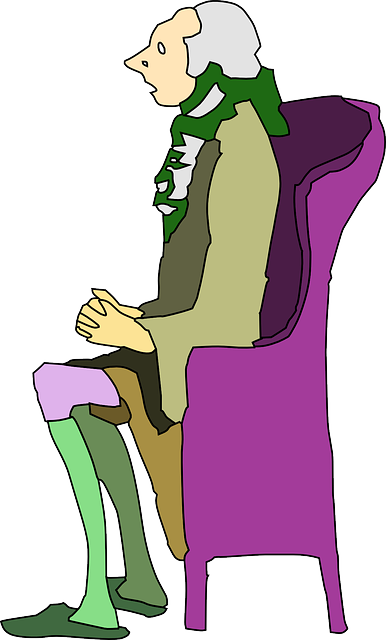Elderly Companion Services play a vital role in managing medications for seniors living alone, addressing challenges like complex regimens, cognitive changes, and potential drug interactions. These services provide personalized assistance, reminders, and support tailored to individual needs, enhancing medication adherence. By offering human companionship, tracking intake, and aiding transportation, Elderly Companion Services significantly improve health outcomes and quality of life for the elderly population, fostering independence and minimizing health risks.
Medication management can be a significant challenge for seniors, leading to potential health risks. This article explores strategies to enhance medication adherence among the elderly, focusing on the critical role of Elderly Companion Services. We delve into understanding the unique difficulties faced by seniors in managing their medications and how professional companions can provide much-needed support. Additionally, we present effective approaches to ensure medication reminders, promoting better health outcomes for this demographic.
- Understanding the Challenges of Medication Management for Seniors
- The Role of Elderly Companion Services in Reminder Systems
- Effective Strategies for Ensuring Medication Adherence among Elderly Individuals
Understanding the Challenges of Medication Management for Seniors

Managing medications can be a complex task, especially for seniors living alone. As the population ages, it’s crucial to understand and address the challenges they face when adhering to their medication regimens. Many elderly individuals have multiple health conditions, requiring various prescriptions from different specialists. This often results in a complicated web of pills, with specific timing requirements and potential drug interactions.
Elderly Companion Services play a vital role in assisting these individuals. Professionals can help seniors organize their medications, ensuring they take the right dose at the correct time. They provide reminders and support, especially for those with cognitive impairments or memory issues. By offering companionship and assistance, these services enhance medication adherence, potentially improving health outcomes and quality of life for the elderly population.
The Role of Elderly Companion Services in Reminder Systems

Elderly Companion Services play a pivotal role in medication reminder systems for seniors. These services offer personalized support tailored to the unique needs and routines of each individual. Unlike generic reminders on smartphones or alarms set by family members, Elderly Companion Services provide human interaction, ensuring medications are taken correctly and at the right time. A companion can offer gentle nudges when needed, track adherence to the prescribed regimen, and even assist with managing medication storage, all while fostering a sense of independence and dignity for the senior.
Moreover, these services contribute significantly to enhancing quality of life by reducing potential health risks associated with non-adherence to medication schedules. By integrating into the daily lives of seniors, Elderly Companion Services create an environment conducive to optimal health management. They serve as a reliable support system, enabling seniors to stay on track with their medications and promoting overall well-being.
Effective Strategies for Ensuring Medication Adherence among Elderly Individuals

Medication adherence is a significant challenge for many elderly individuals, often due to complex regimens, age-related cognitive changes, and potential side effects. Effective strategies are crucial to ensure seniors take their medications as prescribed. One proven approach is the involvement of Elderly Companion Services. These services pair seniors with trained companions who can assist with medication management. The companion can create a structured routine by setting reminders, tracking medication intake, and even assisting with transportation to medical appointments. This personal touch fosters better adherence by providing support and reducing potential embarrassment or confusion associated with complex regimes.
Additionally, leveraging technology offers innovative solutions. Smart pill organizers equipped with alerts and reminders can help seniors stay on track. Mobile apps designed for medication management allow tracking of doses, interactions, and side effects. Such tools empower the elderly to take an active role in their healthcare while providing peace of mind for caregivers. Regular communication and education about the importance of adherence are also vital. Caregivers or companions can offer simple reminders, clarify any uncertainties, and reinforce the benefits of taking medications as prescribed.
As we’ve explored, managing medications can present significant challenges for seniors. By leveraging Elderly Companion Services that incorporate reminder systems, along with effective strategies like simple organization and regular check-ins, we can substantially enhance medication adherence. These approaches not only improve health outcomes but also foster independence and well-being for our aging population.






